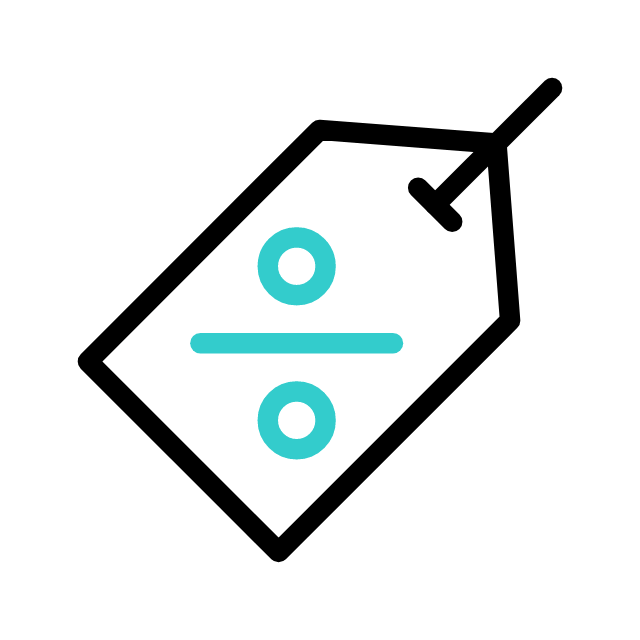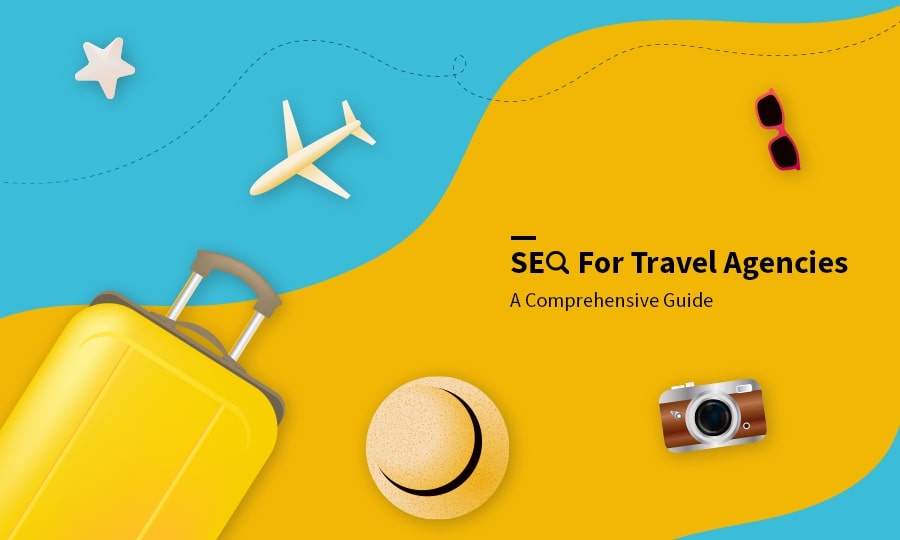In the fast-paced world of travel, getting CRM for travel agency is a game-changing move. CRM for travel agency pays for itself by making things run more smoothly and bringing in more money. This article talks about the pros and cons of CRM for travel agency solutions, the real-world effects they have, things to think about, and the return on investment (ROI) that shows why they are so worth it.
Why travel agencies need a CRM now
You can talk to someone at many different times, from the first question to the feedback after the trip. With a CRM for travel agency, they can see all of their emails, calls, chats, bookings, and preferences in one place. Instead of having to keep track of a lot of spreadsheets or notes, everyone on the team works with the same customer timeline. This data makes things clearer for both customers and operations.
The best things about CRM for travel agency are:
a. More individualisation
With CRM for travel agency, you can look at past bookings, traveler preferences, VIP notes, and feedback from the past. Agents can suggest packages that are right for each customer, sell more trips, or send reminders at the right time. Clients feel important when things are personalised, which makes them book again.
b. Taking care of and automating leads
A CRM for travel agency that uses workflows to automatically gather leads, nurture them with sequences, and send follow-ups. There are no leads that go missing in inboxes because all questions are answered. Automated reminders and confirmations of bookings save time and keep things the same.
c. Services and help that are easier to find
A CRM for travel agency keeps track of all the requests, changes to itineraries, and support tickets. Agents can respond more quickly when they have all the information they need. This lowers the number of mistakes and makes service more dependable.
d. Market Segmentation and Marketing Insights
A CRM for travel agency starts campaigns based on a person's travel history, where they live, how much money they have, or how they act. You can see which groups are most interested in detailed analytics. This helps you use your budgets better and get a better return on investment for your campaigns.
e. Analysing and reporting data
Dashboards that show how many leads are coming in, how many of those leads are turning into customers, how much money is coming in, and how many customers are staying with the company are features of a good CRM for travel agency. These insights help you choose who to hire, who to promote, and which services to focus on.
Travel agents who do well in the real world
After switching to a CRM for travel agency, many travel agents say that their customers are happier, they can handle leads faster, their booking pipelines are more connected, and automation helps them make more money.
Working more efficiently often means doing less work over and over, making customers happier, and making more money. Travel-specific platforms make it easier for people to talk to each other, set up automated to-do lists, and make the whole process from asking a question to making a reservation go smoothly.
Return on Investment: both real and fake.
Time savings:
CRM for travel agency does things like entering data by hand, writing emails, and following up on its own. You have more time each week to grow or help customers.
More sales and upsells
Automated workflows make sure that follow-ups are always in line with the brand. Targeted cross-selling is when you add excursions or insurance to a reservation to make more money on each one. CRM data shows chances to sell more that aren't always clear.
Keeping Clients Better Agencies
With the help of CRM to build long-term relationships with clients by using travel agency features like loyalty segmentation and personalised check-ins. Customers feel appreciated and are more likely to come back or tell others about you.
Choosing Based on Information
With CRM for travel agency analytical reporting, agencies can change their staff, promotions, and outbound campaigns based on what the data shows. This saves them money and lets them focus on what works.
Picking the Right System
Think about how big and tough it is
Small boutique travel agencies might do well with sites that are meant for one agent or a small group. Enterprise CRMs may be needed by larger tour companies that want more customisation and integrations.
Look for CRM for travel agency systems that can work with booking engines, GDS/OTA platforms, payment tools, email and SMS platforms, and calendar apps. Unified workflows make it less necessary to sync things by hand.
Automation that can change
Automation should take care of things like sending booking confirmations, reminders, post-trip surveys, milestone emails, and loyalty messages that are specific to each customer. When you automate your workers, CRM for travel agency becomes a powerful tool.
Getting Started and How to Use It
It's important that adoption goes well. Customers get more value faster when systems are easy to use, come with guided setup, templates, and quick support.
Problems that might happen and how to fix them
Cost Up Front:
You have to pay for some business tools before you can use them. You can usually get your money back in a few months if you can measure ROI in terms of time saved, sales growth, and repeat business.
Resistance to Adoption:
Teams that are used to using spreadsheets may not want to switch. It's easier to switch to a platform that has templates and doesn't require a lot of learning.
Quality of Data:
If you bring in data that is messy, your results will be bad. Cleaning up onboarding data and keeping it clean over time keeps accuracy and performance high.
A plan for how to make it work
Set goals for getting better at getting leads, responding quickly, making more money, and keeping customers.
Pick a CRM for travel agency that fits your needs and size.
Make automations for things like confirmations, follow-ups, and upsells. Get rid of old data and make a plan for how things will work.
Give your employees templates and training.
Watch things like load conversion, how many people open and click on emails, how many bookings you get, and how many customers you keep. Depending on how well they are doing, change campaigns or flows.
Conclusion
CRM for travel agency is important because personalisation, speed, and digital touchpoints are so important in the travel market. It helps people make decisions based on data, makes the service better, makes the business grow, and makes the operations run more smoothly.
It's worth it for any travel business, whether it's a single agent or a big agency with many locations, to spend the time, money, and reputation they get back. The staff does a better job, the customer feels valued, and the business makes more money. That's why CRM for travel agency software, not just because it's a good idea.

 Start your Travel Business with Our 7 Day Free Trial Website!
Start your Travel Business with Our 7 Day Free Trial Website!





